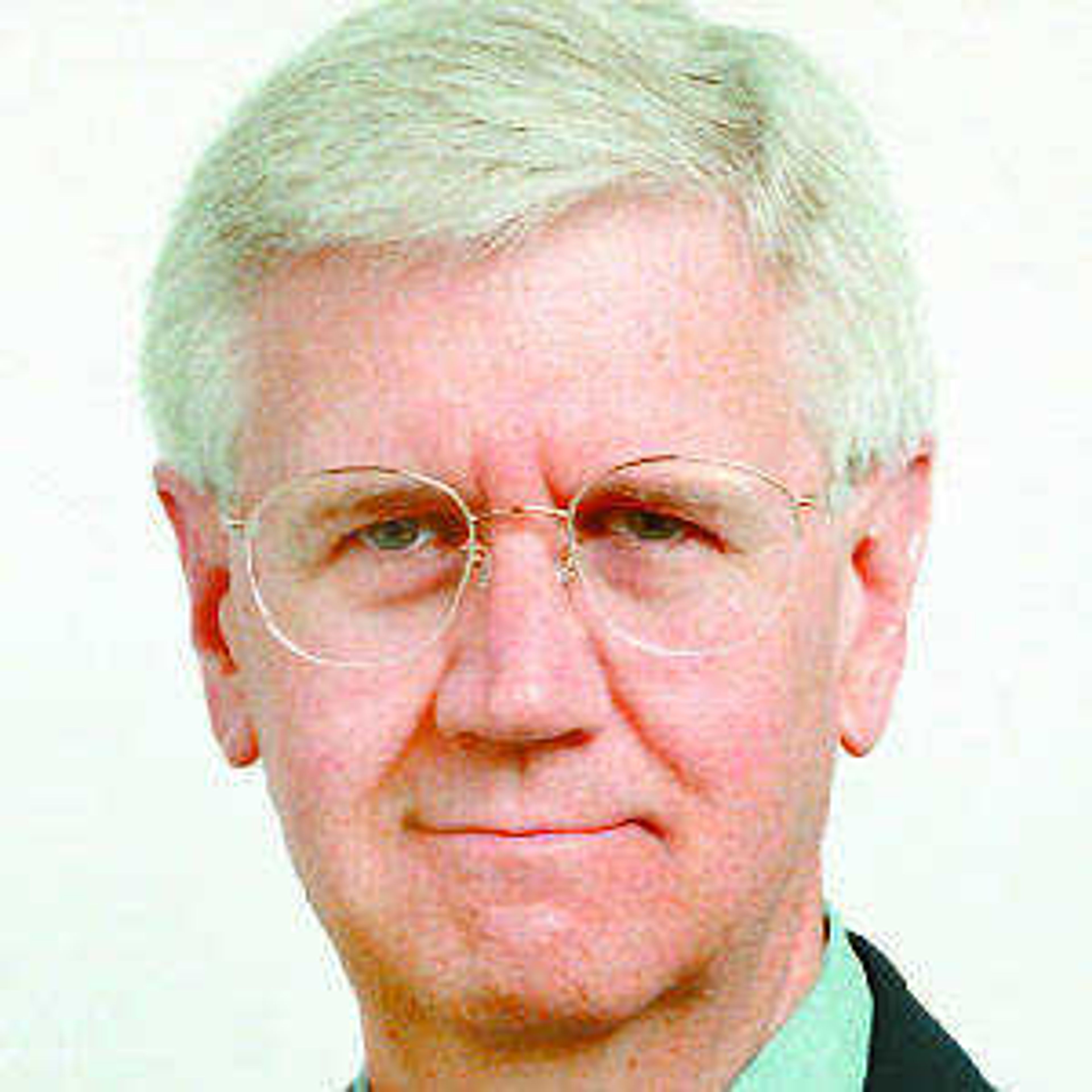Hip, hip, hooray!
The recession we didn't know about is almost over, according to the experts. They should know. This is another column about the economy, so brace yourself. I give you fair warning for two reasons. Reason No. 1: It is not fair to subject you to commentary in this space on the economy two Sundays running...
The recession we didn't know about is almost over, according to the experts. They should know.
This is another column about the economy, so brace yourself.
I give you fair warning for two reasons.
Reason No. 1: It is not fair to subject you to commentary in this space on the economy two Sundays running.
Reason No. 2: I literally do not know what I'm talking about. I am only the messenger.
The way I see it, droning about the economy by folks who apparently are only pretending to know what they're talking about doesn't stop them. So why shouldn't I jump in?
Here goes.
Sometime last Monday, a bunch of economists -- you know how much I like economists -- formally announced that the U.S. has been in a recession since December of last year.
No kidding?
Several thoughts went through my mind when I heard this stupendous news.
The first was this: We've been told countless times over the past year that a typical recession -- there isn't any such animal, of course -- lasts less than a year. The 10 U.S. recessions since World War II have lasted, on average, just a little over 10 months. So if the current recession started in December 2007, as we learned Monday, we should be having a party.
Y'all, the bust is practically over.
Heck, it may already be over. We just haven't been informed by the expert economists.
Who are these experts?
Collectively, they're called the National Bureau of Economic Research, a private group of leading economists.
(By the way, if you think I am making up one shred of this column, you are mistaken. This is serious stuff. We're dealing in facts here.)
Economists and other financial soothsayers have been telling us for months that we might be in a recession. Most of the time we've been told that the definition of a recession is two consecutive quarters of declining economic activity. So why did it take four quarters for the bigshot economists at NBER to give us the high sign?
Here's why.
We haven't had two consecutive quarters of declining economic activity in the past year.
Surprised? I certainly was.
As it turns out, economists who dream up definitions for things like recessions can -- and, obviously, do -- change their minds at the drop of a dime. Goodness knows a lot of dimes have dropped since the end of last year.
More than that, the art of defining a recession is a bit fuzzy. Economists have to think about declining economic activity, of course, but they also have to consider jobs, output, productivity, supply, demand, orders, inventories, inflation, trade balances, interstate commerce, private and public debt, fuel costs, the value of the dollar, investment trends, mortgage defaults, savings, tax policy, capitalization, money supply, commodity indexes, political policy, consumer confidence, retail sales, liquidity, wholesale prices and Super Bowl odds.
OK. I threw in that last one just for fun.
Now here's a question for you.
Think back to last weekend. You were still digesting Thanksgiving dinner and eating leftovers. You went shopping, worked around the house, saw some friends, went to church, watched TV, played with the kids, took the dog for a walk, complained about the noisy neighbors, read the paper.
You did all the things you normally do on weekends. Then Monday came. NBER said you had been doing all these things in a recession for 12 months, but you didn't know it.
So do you feel different now? Have you changed anything you do? Do you have a brighter or gloomier outlook on life?
Probably not. You're still wondering if you'll get a Christmas bonus, worrying how you're going to get everything on your gift list, trying to make sure there's enough in your checking account for the next car payment.
These are all the same things you were doing before you knew we were in a recession. Right?
I say the best part of the NBER announcement is this: The worst is over. Really, it is.
It's like living with that pain in your side for months until one day you're in the ER and a nameless doctor is scheduling you for gall bladder surgery. You thought all along you had gallstones. Once the ultrasound confirmed it, you didn't feel better. The official word from the doctor confirming your medical condition is not a cure. That involves sharp surgical instruments and cutting off one of your internal bits while trying to avoid fatal nicks to nearby arteries.
So there you have it.
We have met our economic disease face to face. Calling it a recession isn't going to cure it.
Now we have to rely on specialists called economists to do the necessary surgery.
It is of little comfort, dear friends, to know that most of the economists calling the shots are on the government payroll or submitted the lowest bid.
Here. Let me turn up that IV drip for you. It's the least I can do.
R. Joe Sullivan is the editorial page editor of the Southeast Missourian. E-mail: jsullivan@semissourian.com.
Connect with the Southeast Missourian Newsroom:
For corrections to this story or other insights for the editor, click here. To submit a letter to the editor, click here. To learn about the Southeast Missourian’s AI Policy, click here.










